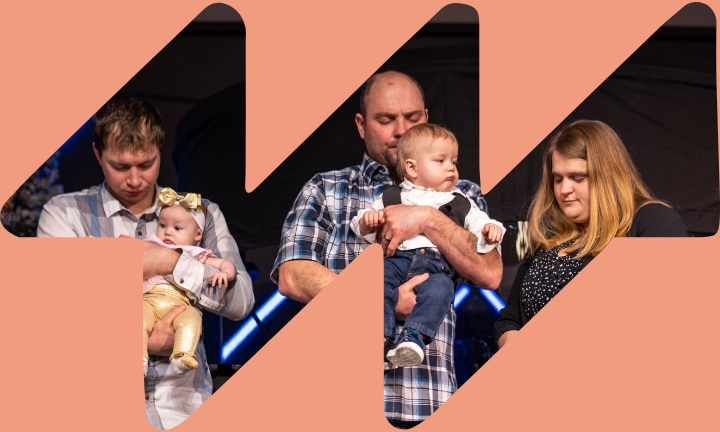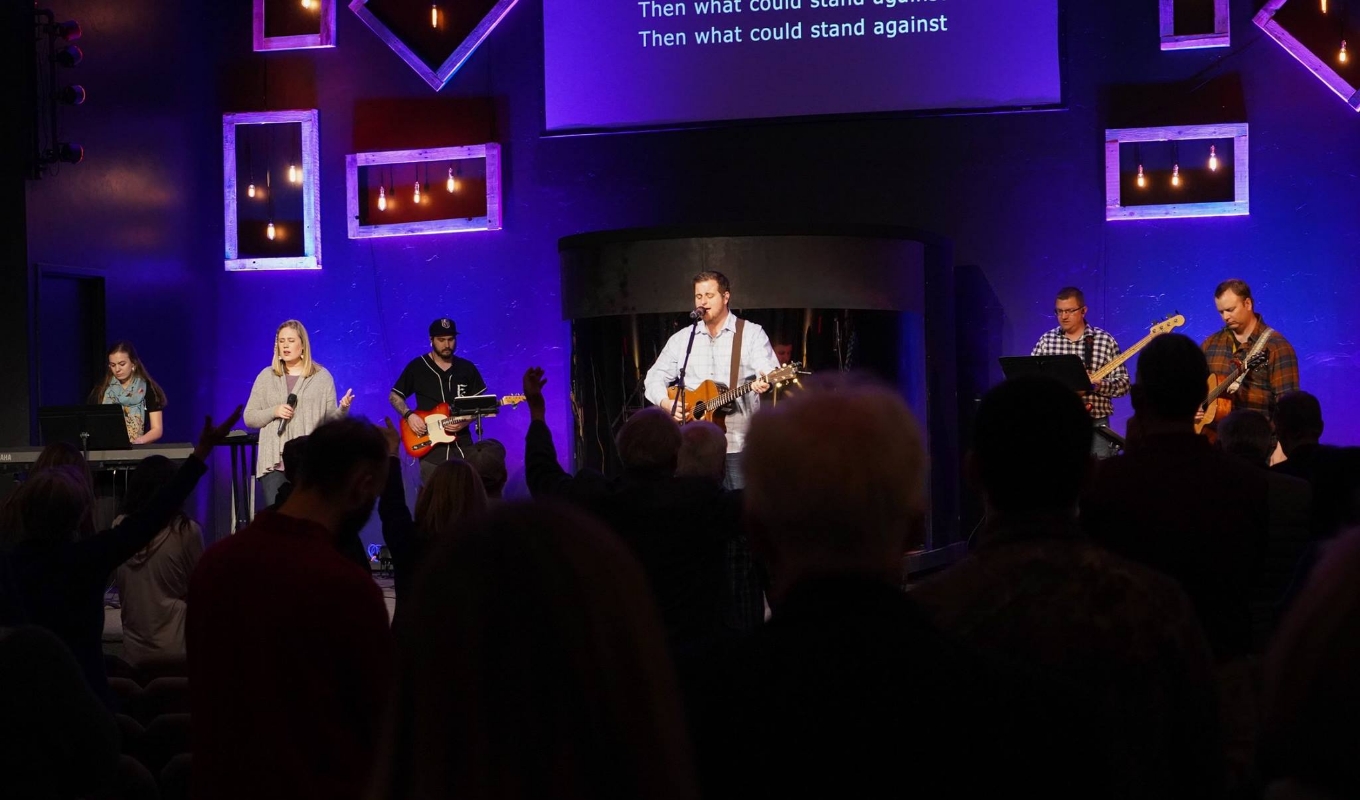Some years ago, my wife and I were in Munich, Germany as a part of a larger trip we were on. While there, we had the opportunity to visit the Nazi death camp of Dachau. It is just a few miles out of the city. It was extremely sobering to visit the site that was the cause of death for so many people. The museum gave us information of the history of the camp that was used to imprison thousands of Jewish people as a part of the Nazi answer to “the final solution”. We walked down the long alley ways between dormitories, where the Jewish people were stuffed into vermin infested quarters. The most sobering places we visited were the huge furnaces where thousands of people were incinerated. A man who was with us left the group because he was unable to grasp how horrible the scene was.
Because of my love for history, I have in my library the stories of many Jewish people who were a part of this devastation and survived. One of them was Viktor Frankl. He was in the medical school that was in Vienna, Austria when he was arrested. He and his wife were sent to Auschwitz and then on to other camps. He survived the imprisonment and went on to establish a center in Vienna called “logo therapy”. He discovered in the camps, that the most likely people to survive the horrors that they were subjected to were those who had something to live for which gave them hope to survive the death and punishment that was everywhere they looked. He said the thing that gave him the hope and the will to survive, was the anticipation of seeing his wife again, whom he deeply loved. Tragically, in his search for his wife after he was released, he found out that she had not survived. He had survived on hope, even though that hope did not materialize.
It causes me to ask the question of myself, “what is it I live for”? Is there anything that stokes the fire of my inner self that tells me life is worth living? I have met so many whose only motivation was just to get through the day or week, to pay the bills, to raise the kids, to pay off the mortgage; but the fire has gone out and the clock has wound down.
As I pondered the story of Frankl, I remember his motivation for survival was love. He wanted to see his wife again. This led me to ask, if love can provide that kind of motivation, what is love?
- Is love a verb [something I do] or is it a noun [describes who I am]?
- Is love an emotion or is it an action, something I do?
- Do I love “things” in the same way I love “people”?
- Are love and justice in opposition?
- Can God love people that are not good?
- Is there a difference in allowing other to love me rather than me loving others?
The word “love” is so commonly used but seldom understood. If love is based on beauty or other activities, the “things” fade, which would mean then that love no longer exists, but that is not true. True love goes beyond the physical and goes deep into the soul. True love will exist through all the death camps of life and is a quality that goes deep into the soul of another. Not even death can destroy true love. I will still love after the death of my loved one.
I find this to be illustrated for me in a Biblical story that starts in 1 Samuel 18 and goes through the rest of the book of 1 Samuel, and into the 2nd book of Samuel to chapter 9. It is the story of two men, David and Jonathan. The love between these two men started right after David killed Goliath, the Philistine giant. The writer of 1 Samuel 18:1 puts it this way; “It came about… that the soul of Jonathan was knit to the soul of David and Jonathan loved him as himself”. Ponder those words. “…the soul of Jonathan…”. This had nothing to do with the skills of what David had just done, killing Goliath with Goliath’s own sword. That demonstrated courage and skill on David’s part. But that is not what is being said. The soul of one was being knit to the soul of the other.
This can be shown and demonstrated as we follow the lives of these two men. David is promoted to a place of leadership that threatens Jonathan’s future. Jonathan is the crown prince, the next King, but now, because of David’s deeds, the crowds are giving David more attention that Jonathan. Jealousy is a crucial test of love. However, love endures. David, because of his bravery and deeds, becomes a threat to the King [Saul] and he is fired and demoted. This does not affect Jonathan. David, in an attempt to save his own life, finally flees into the Judean wilderness and lives the life of a fugitive. This does not affect Jonathan. He goes into the wilderness and finds David and encourages him. Love holds people together in the most desperate situations that life can throw at us. In the process, David loses all prestige, human dignity and the acclaim of the crowds, but none of this affects Jonathan’s love and loyalty.
This is finally demonstrated in Jonathan’s death. The story is told in 2nd Samuel, chapter 1. David grieves deeply for Jonathan when he learns of his death. Love reigns supreme and is demonstrated through our actions which are the result of our emotions.
“For God so loved the world…”. Can we begin to grasp what that means? Love moved God into action; “…He gave His only begotten Son…”. God’s love is illustrated for us, but His love for humanity is beyond description. One of my questions is, “can we love bad people”? Does God love bad people? Some have made such a mess of their lives and some live such erratic and immoral lives. At times, our love meter shows a negative charge, because some of these people are so unlovable and different to our moral standards. Does God love bad people? Does God give up on us, or does His love go deeper than appearance and lifestyle, going deep into the soul of who I am?
“The love of God is greater far, than tongue or pen can ever tell;
It goes beyond the highest star and reaches to the lowest hell.
The guilty pair, bowed down with care, God gave His Son to win.
His erring child, he reconciled, and pardoned from his sin.
Oh Love of God, how rich and pure! How measureless and strong!
It shall forevermore endure, the saints and angel’s song.
Could we with ink the rivers fill, and were the skies of parchment made,
Were every stalk on earth a quill, and every man a scribe by trade,
To write the love of God above would drain the oceans dry,
Nor could the scroll contain the whole,
Though stretched from sky to sky”.
How is your love meter?



